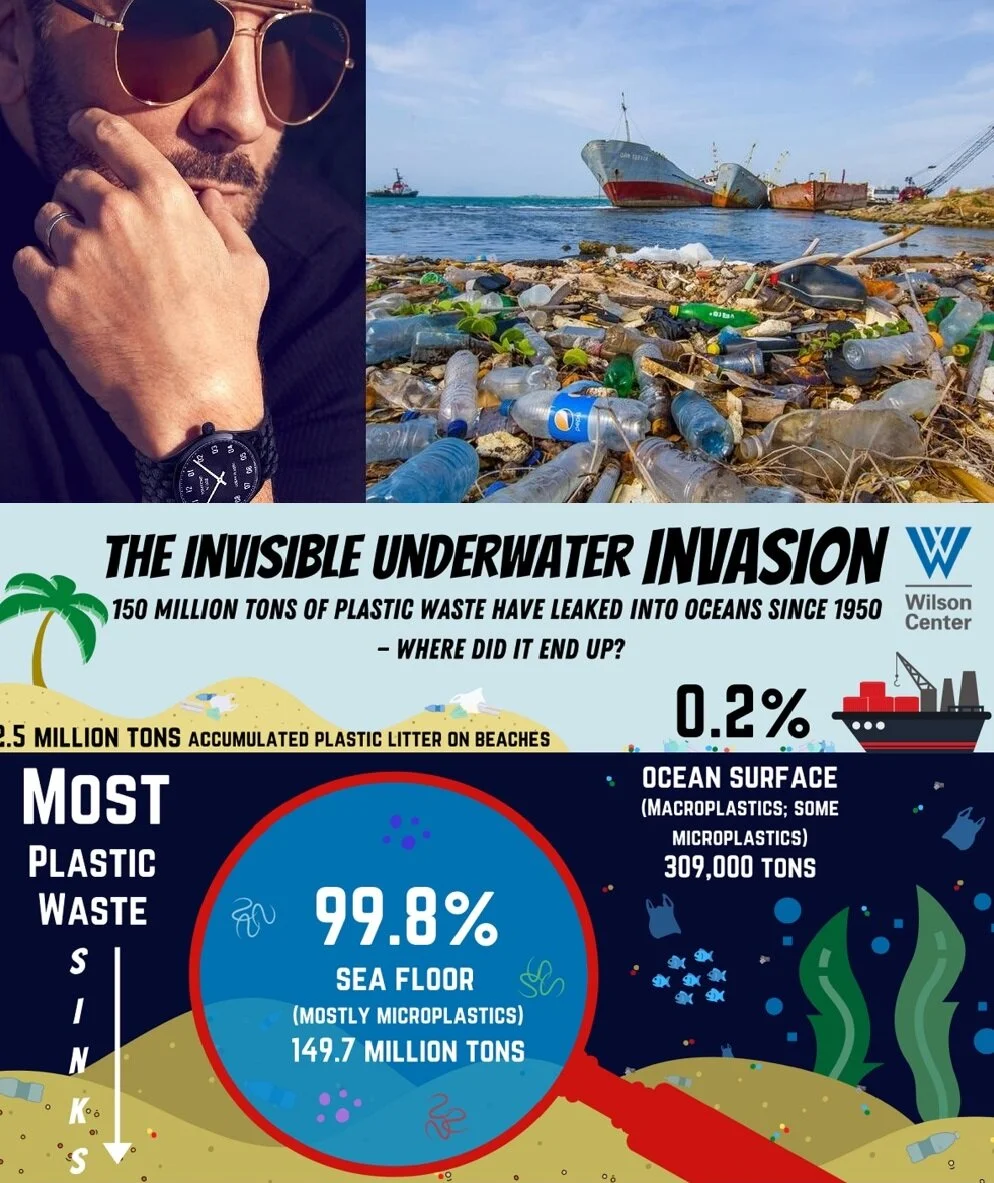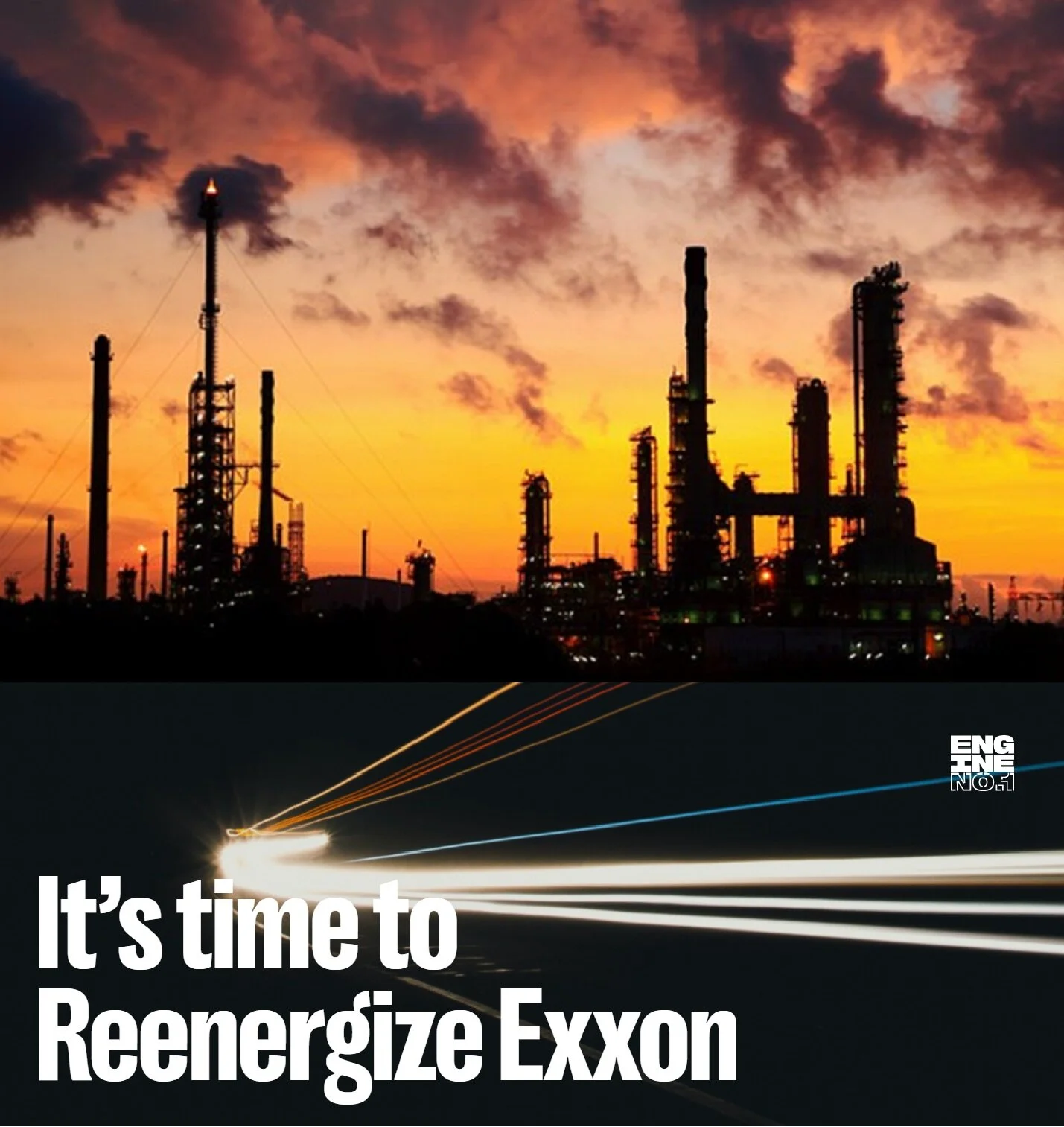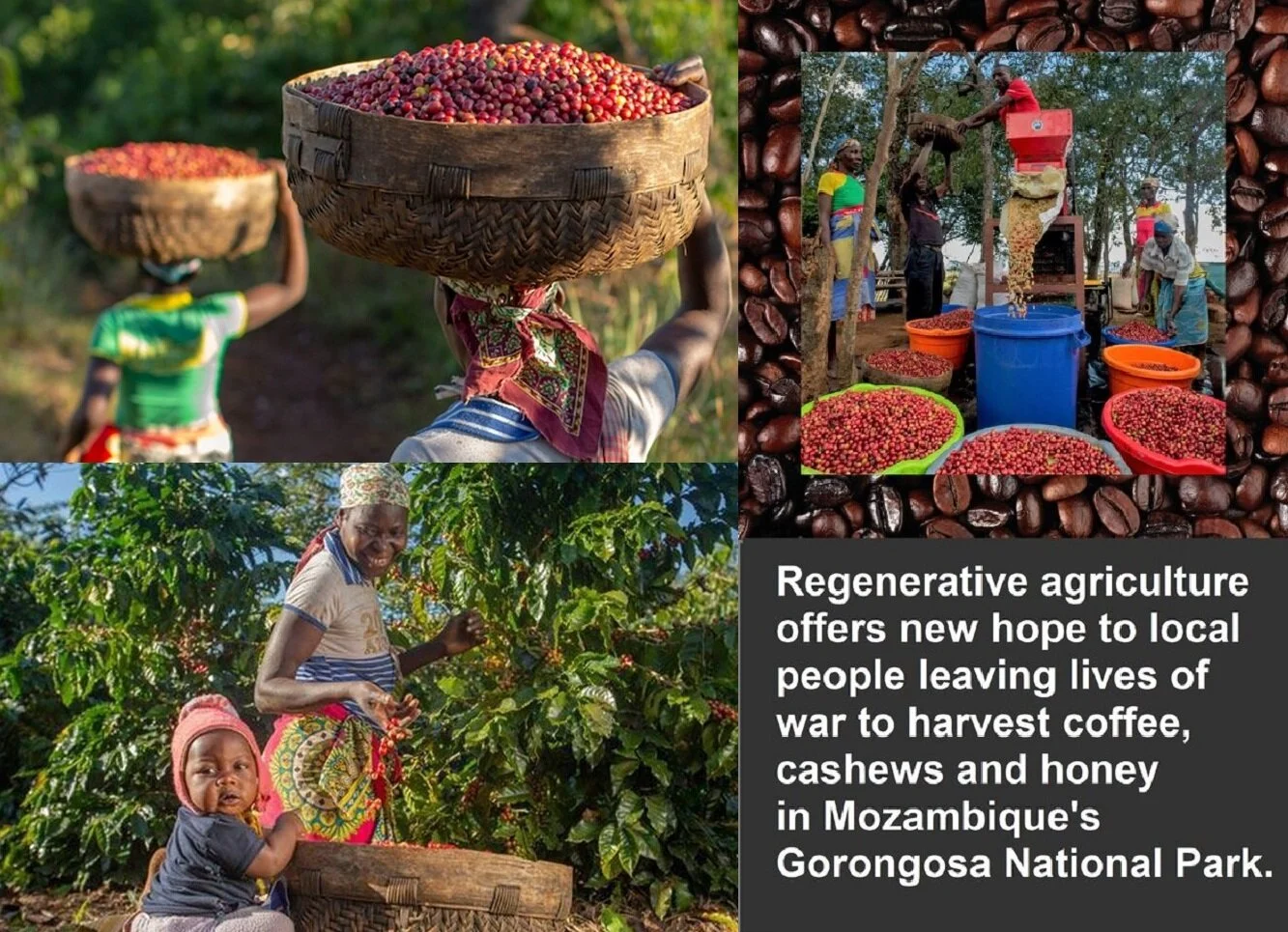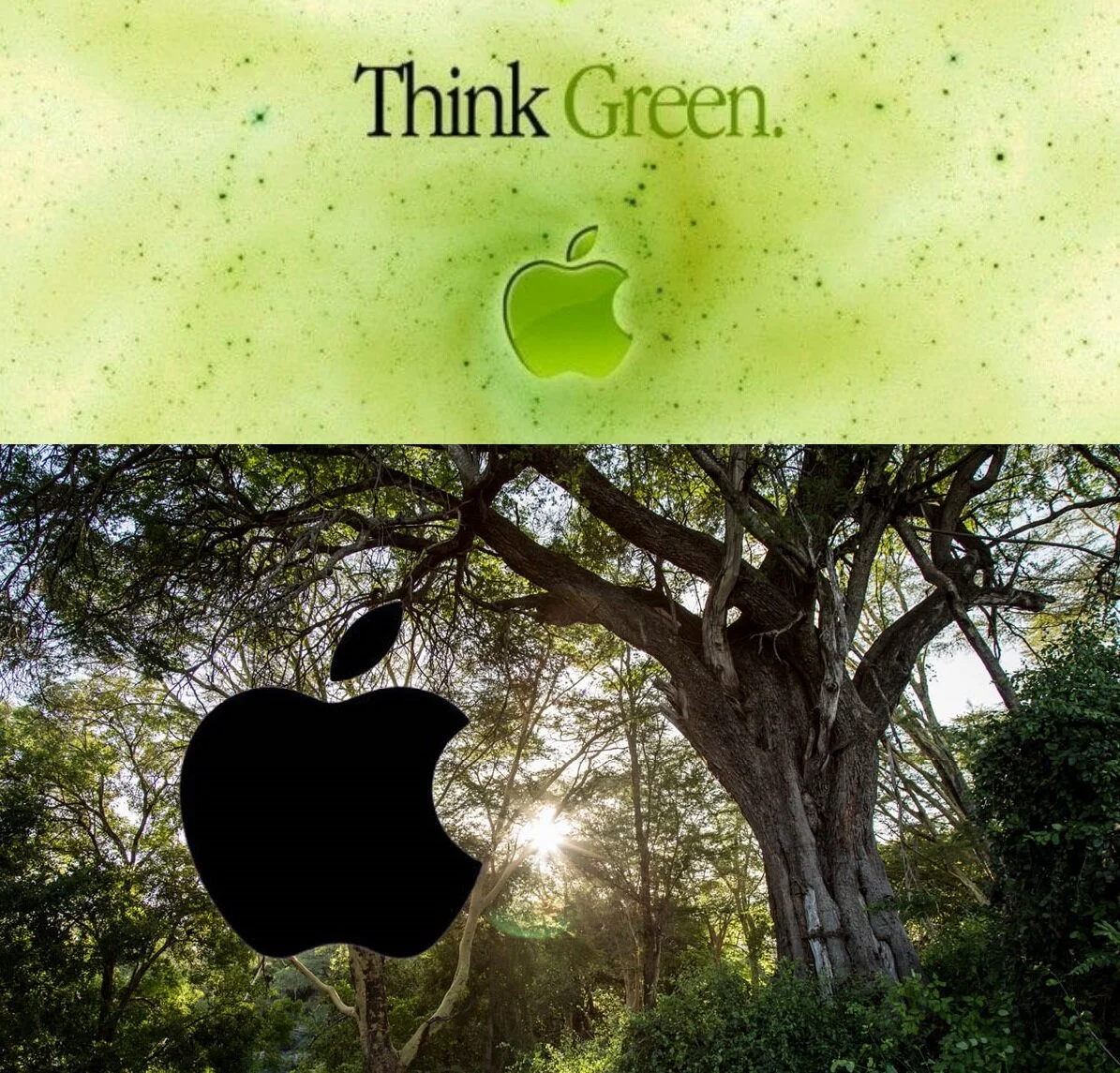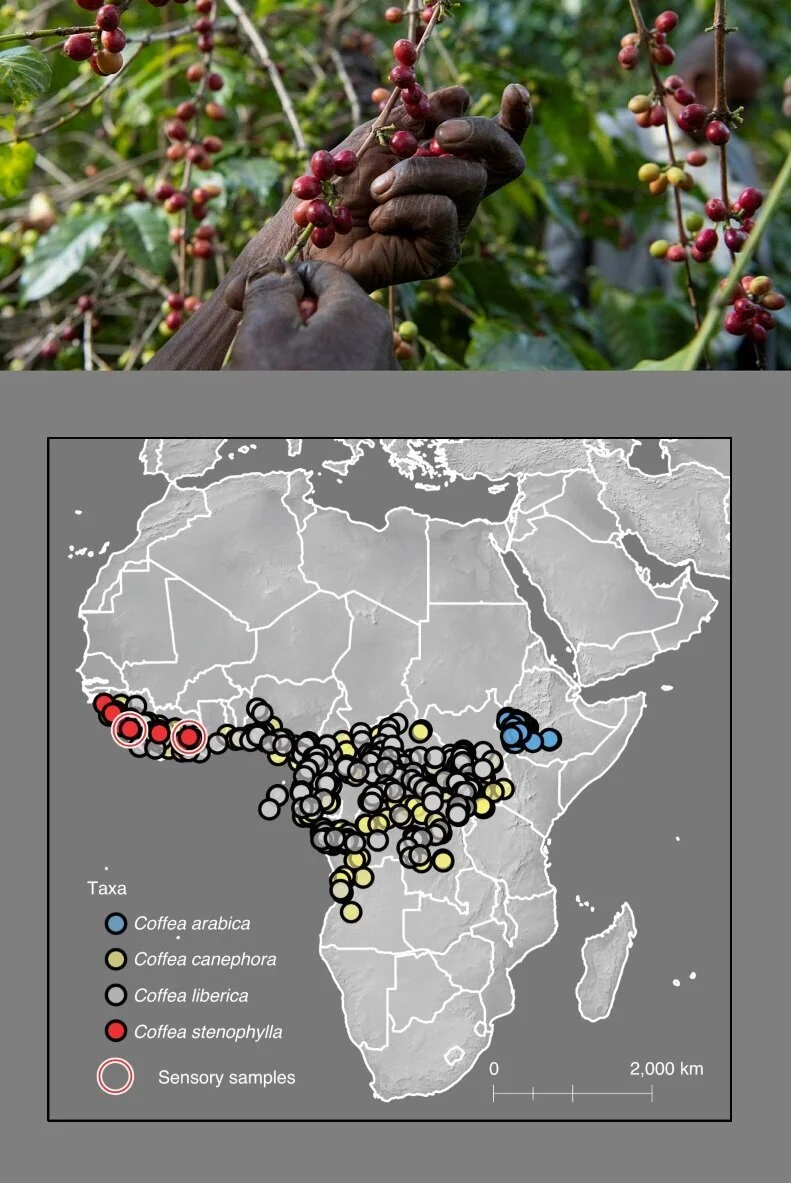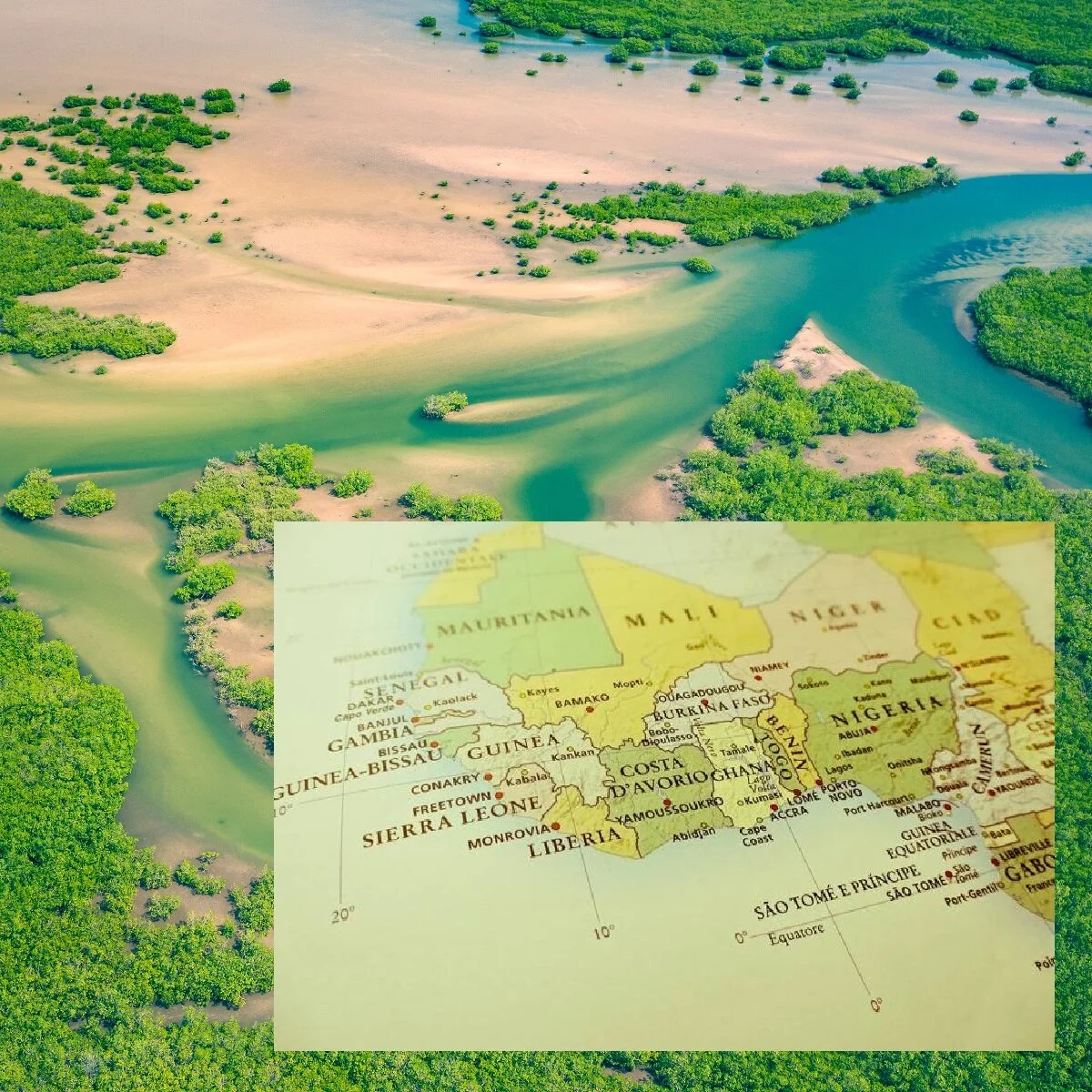World Oceans Day: We Cannot Meet Sustainable Development Goals with a Sick Ocean
/World Oceans Day: We Cannot Meet Sustainable Development Goals with a Sick Ocean
Blue economy: Maritime and sustainable
Global change and climate change are two sides of the same coin: their impacts on the planet take the largest toll on the most vulnerable groups. Not only do different communities or regions have unequal access to basic levels of well-being, but they may each have different abilities to take action against these negative impacts.
This contradicts the vision of the ocean as a common good. The ocean provides an essential ecosystem service to the entire planet, but is also humanity’s greatest shared wealth, the guiding force of what we now call the blue economy. The blue economy describes both the use of natural resources and activities that use the ocean for transport and commercial purposes, but it is, above all, a new way of thinking and interacting with nature.
Enduring activities include sustainable fishing and responsible aquaculture, renewable energy sources, potable water, plant and animal marine resources, as well as marine biotechnology and other genetic resources. They also include activities centred on coastal and marine environments, from ecotourism to local trade.
To this common heritage we can add the cultural, esthetic and physical and emotional health benefits provided by a sustainable natural environment. All of this represents an incomparable opportunity to make countless sustainable resources accessible to all people, communities and nations.

